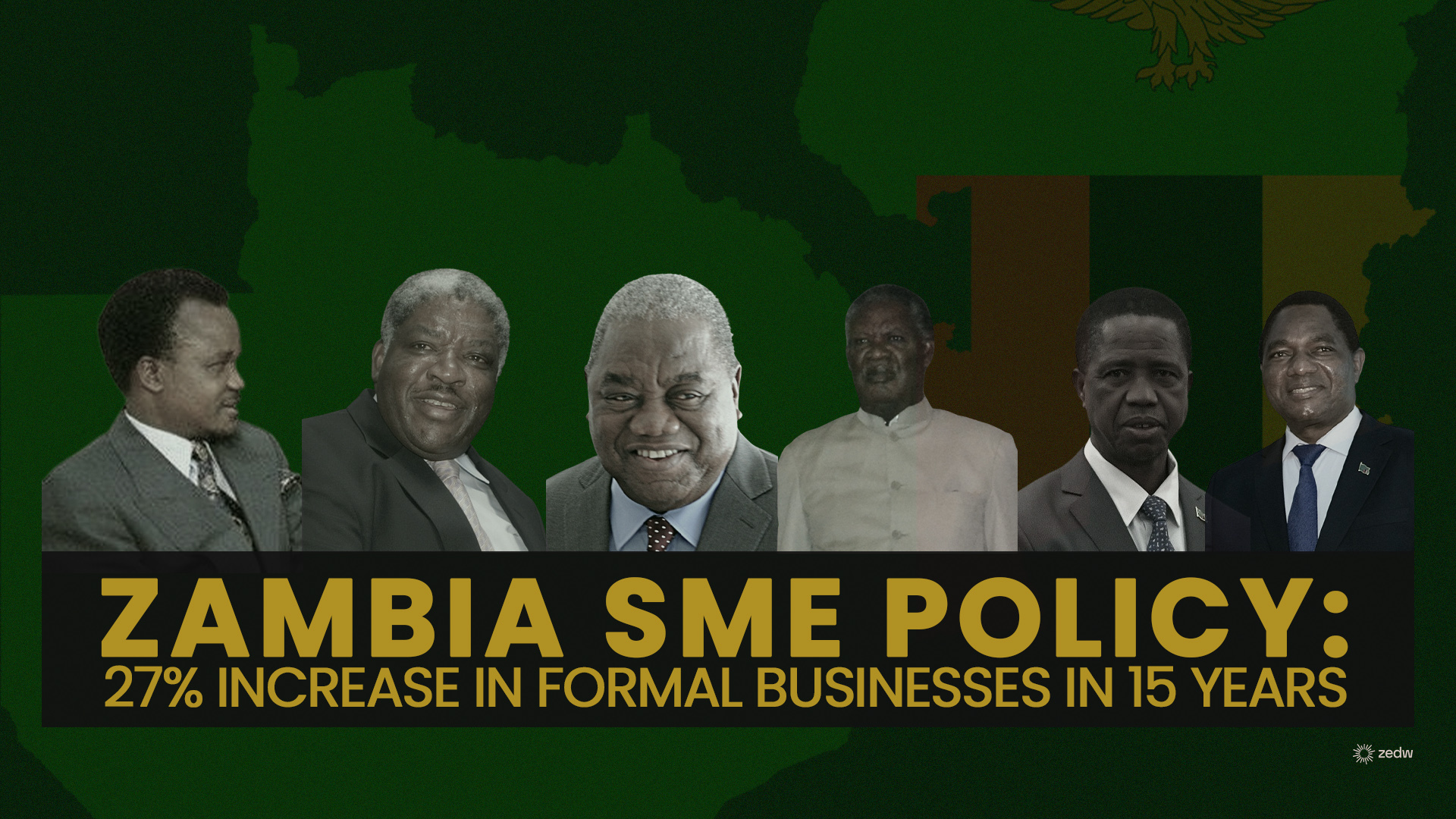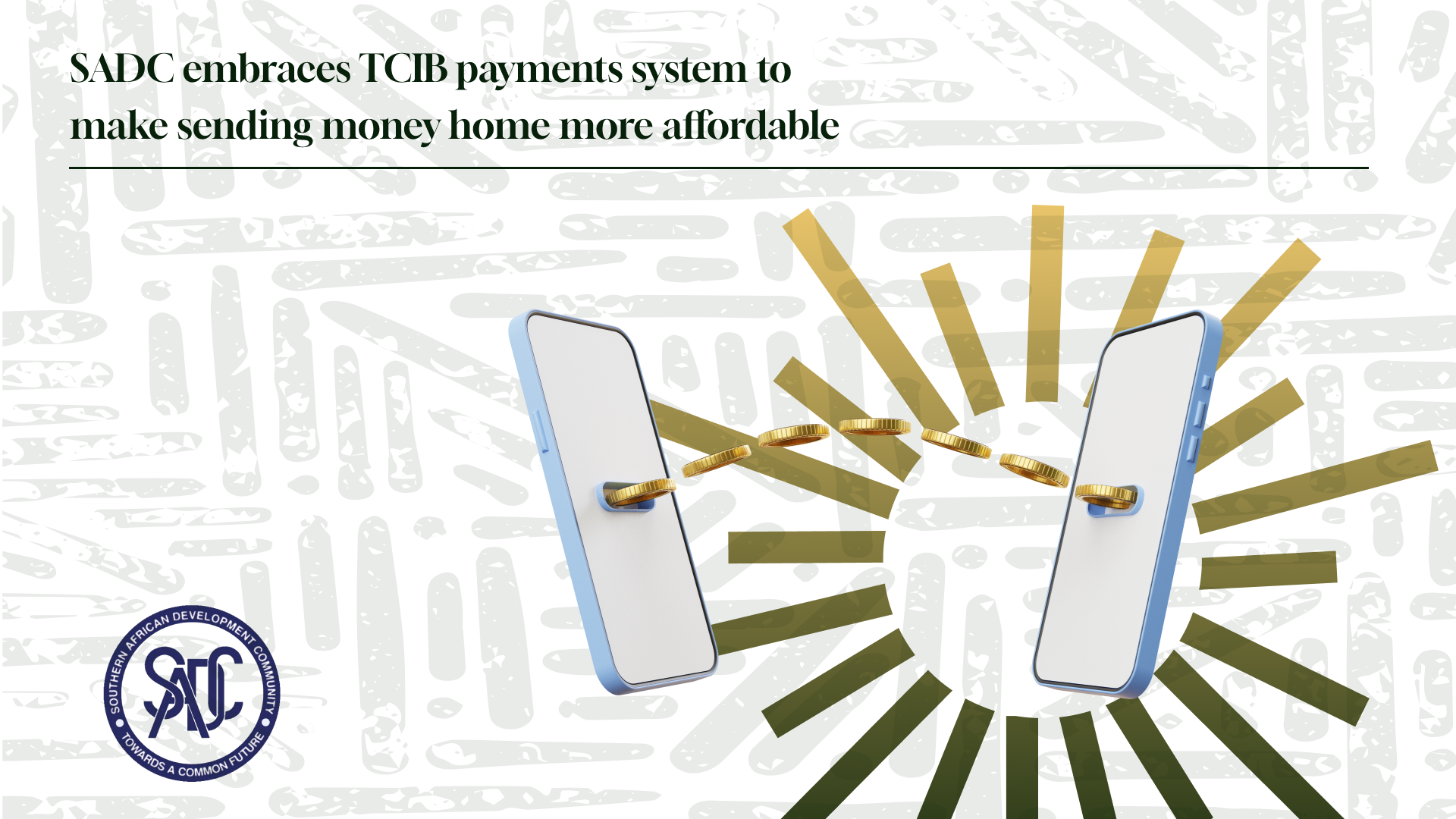The Eswatini fintech landscape offers untapped business opportunities, as the Kingdom’s economy slowly stabilises, the population grows, and the market need for diverse financial transactions such as payment systems opens up.
According to findings from the 2023 Fintech report, the nexus between financial services and digital technologies is producing new eco-system actors, deploying new business models for providing distinct financial services, otherwise aggregated by financial services entities.
You should also read: Inclusive Growth Of Digital Payment Systems Anticipated To Contribute To GDP Growth In SA
But now, fintech companies are challenging traditional financial services as they are unbundling how entities are providing functional financial solutions.
The biggest fear is that the ease of developing and deploying fintech innovations could pose risks from integrity, stability, inclusion and consumer protection, which could also challenge policymaking.
This raises contention on the role of the regular in terms of support and understanding the risks; it’s important to improve regular engagements with regulators and also help to develop a practical implementation framework.
The Central Bank of Eswatini (CBE) is the Kingdom’s banking and payments supervisor, promoting monetary stability and fostering a stable and sound financial system. The financial system regulatory authority is the integrated agency for regulating and supervising non-bank financial institutions, and protecting financial system stability through rendering monitoring and safety of conducting business while promoting fair competition, efficiency and orderliness.
Eswatini’s banking and payments sector, supervised by the CBE, comprises commercial banks, building societies, credit institutions, mobile money service providers (MMSPs) and money transfer operators. Three out of the four MMSPs serving over 650, 000 adults using electronic and paper infrastructure and channels operate in the Kingdom. World Bank estimates indicate that there are about 6.5 bank branches for every 100, 000 adults.
The Eswatini payments landscape is dominated largely by Swaziland Interbank and settlement system and the Eswatini Clearing House.
Through an in-country implementation grant, the 2023 Eswatini fintech landscape report study project was undertaken with the support of the Alliance for Financial Inclusion, in order to scope and provide a roadmap for further fintech development and strategic planning.
Furthermore, to navigate the fintech journey, the Central Bank of Eswatini (CBE) established a fintech unit to provide an evidence base for policy innovation and financial infrastructure development.
Governor of the Central Bank of Eswatini, Dr. Phil Mnisi recently noted that the fintech eco-system in the Kingdom is still nascent but shows great promise, which affords stakeholders the opportunity to develop a dynamic and inclusive financial sector that can leverage digital innovation and also overcome traditional barriers. “By attracting more investment and collaboration in fintech, we can improve efficiency and accessibility of financial services for our citizens and businesses,” he said. Mnisi noted that there is also opportunity to use digital infrastructure such as APIs to enable the interoperability and integration of different platforms and address the specific challenges and needs of the local market, such as, financial literacy, access to credit or social impact.
To modernise the payout system, CBE developed a 2009-2016 National Payout System strategy. Because of today’s digital antecedents, CBE has revised their approach with a 2021-2025 strategy that seeks to create key eco-system enablers for a modern and minimal friction payment systems. It also seeks to meet current and future payment needs and to mitigate new risks that may threaten financial system stability.
The benefits of venturing into the Eswatini market include the fact that the economy is diverse, with the services sub-sector accounting for over 50% of the GDP.
The economy had a strong rebound in 2021, with real GDP growth at 7.9% from a 1.6% contraction in 2020. Inflation increased in 2022, but the Government contained the fiscal deficit within budget limit – at 4.6% of the GDP, and the public debt increased as Government accessed loans to finance the budget deficit.








